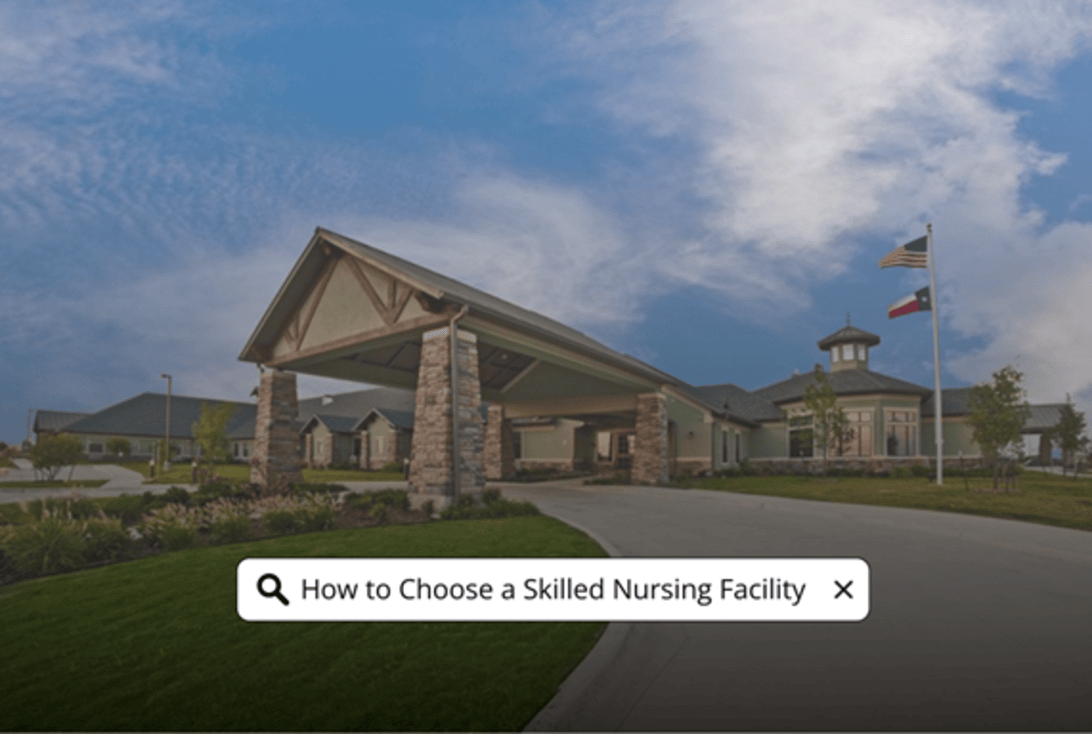At Cantex Continuing Care Network, we understand the pivotal role that therapy plays in skilled nursing facilities (SNFs). Our comprehensive rehabilitation programs are designed to help patients regain independence and improve overall well-being. Whether recovering from surgery, managing a chronic illness, or rehabilitating after an injury, our therapy services—including physical, occupational, and speech therapy—are essential components of the healing journey. Through our partnership with Pivot Rehabilitation, we are proud to offer patients access to an expert team that shares our commitment to excellence.
Physical Therapy
Physical therapy (PT) focuses on helping patients regain strength, balance, and mobility. Many individuals in our skilled nursing facilities require PT due to conditions such as joint replacements, strokes, or neurological disorders. Our physical therapists design personalized treatment plans that may include:
• Strength-building exercises
• Gait training to prevent falls
• Balance and coordination activities
• Pain management techniques
By working closely with patients, our physical therapists help them regain confidence in their ability to move and perform daily activities safely.
Occupational Therapy
Occupational therapy (OT) assists patients in regaining the skills needed for daily living and self-care. Whether it’s dressing, bathing, eating, or performing household tasks, our occupational therapists help individuals adapt to physical limitations and regain their independence. OT services may include:
• Adaptive techniques for dressing and grooming
• Hand and arm strengthening exercises
• Cognitive training for memory and problem-solving
• Environmental modifications for safety
Through tailored interventions, occupational therapy enables individuals to lead more independent and fulfilling lives.
Speech Therapy
Speech therapy (ST) is vital for individuals facing communication or swallowing difficulties due to conditions such as strokes, Parkinson’s disease, or neurological disorders. Our speech-language pathologists work with patients to improve:
• Speech clarity and articulation
• Language comprehension and expression
• Cognitive-communication skills
• Swallowing function and safety
Speech therapy not only enhances a patient’s ability to communicate effectively but also ensures safe swallowing, reducing the risk of complications like aspiration pneumonia.
Comprehensive Care at Cantex Skilled Nursing Facilities
Our skilled nursing facilities offer a range of services to support patient recovery and well-being, including:
• Cardiac recovery
• Chronic care
• Hospice and palliative care
• Post-surgical recovery
• Pulmonary recovery
• Respite care
• Stroke recovery
• Transitional care
Our clinical services include 24-hour skilled nursing, individualized care plans, interdisciplinary approaches, intravenous therapy, medication administration, physician services, respiratory therapy, and restorative nursing services.
By integrating comprehensive therapy services into skilled nursing care, Cantex Continuing Care Network ensures that patients experience improved mobility, greater independence, and a higher quality of life. Whether recovering from surgery, managing a chronic illness, or regaining essential life skills, our therapy programs are designed to foster recovery, confidence, and long-term well-being.
For more information on therapy services in our skilled nursing facilities, contact us today to learn how we can support you or your loved one on the path to recovery.



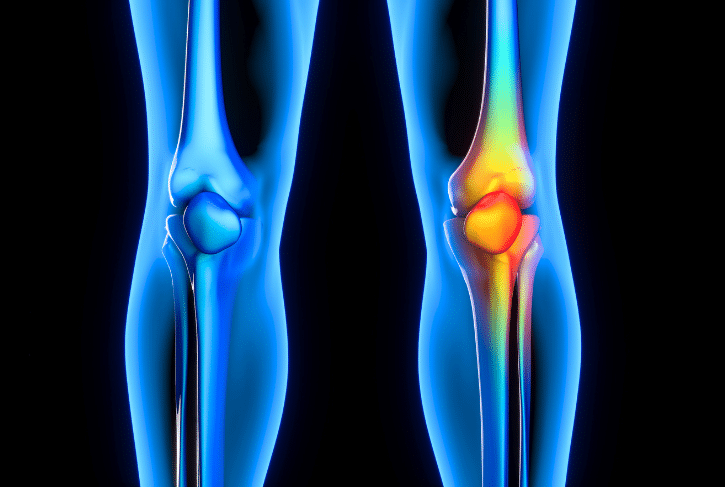


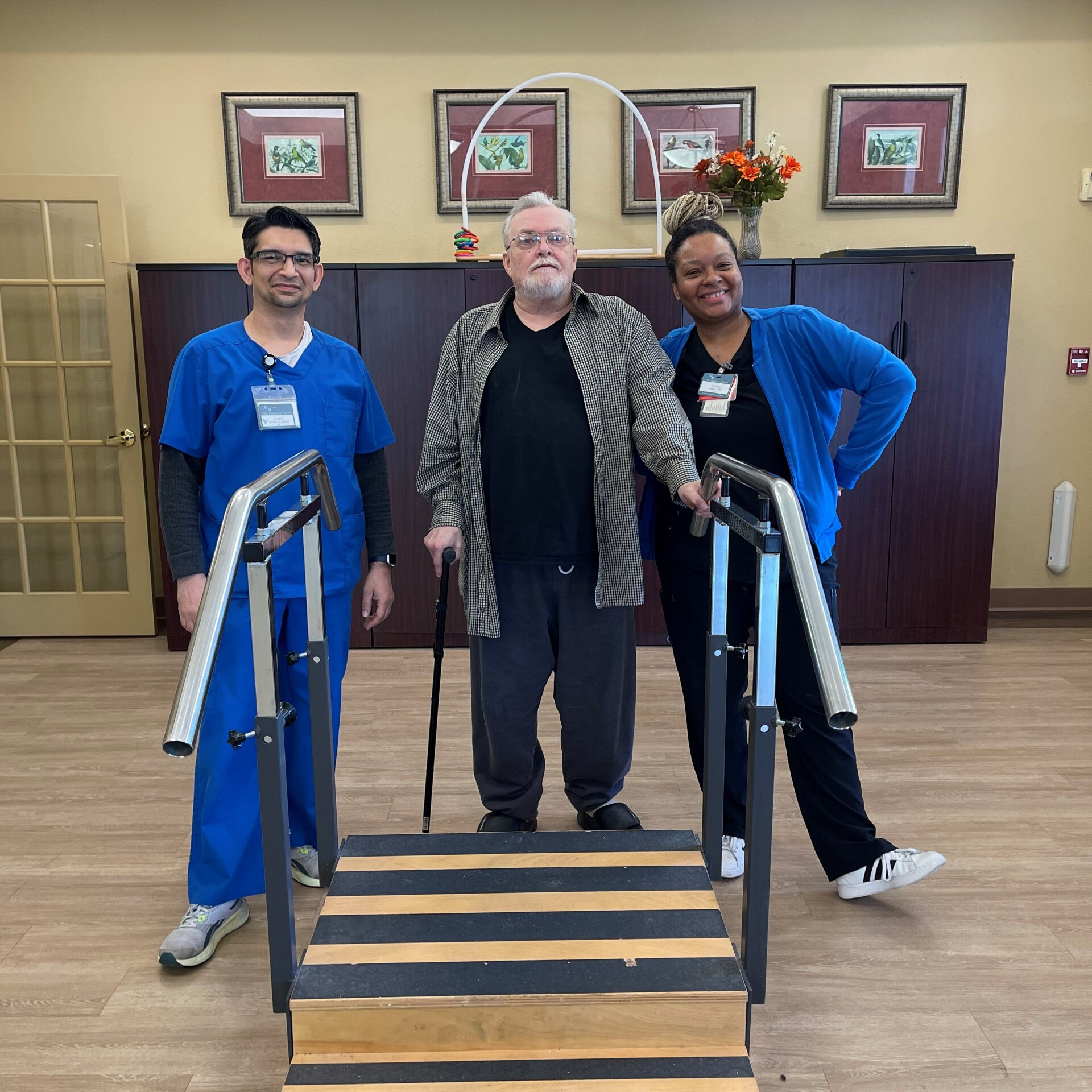 Following a hospitalization for a tibial plateau fracture, Roy Cain arrived at The Madison on Marsh needing maximum assistance for all mobility and daily tasks. His journey toward recovery was challenging, requiring extensive therapy to rebuild strength and independence.
Following a hospitalization for a tibial plateau fracture, Roy Cain arrived at The Madison on Marsh needing maximum assistance for all mobility and daily tasks. His journey toward recovery was challenging, requiring extensive therapy to rebuild strength and independence.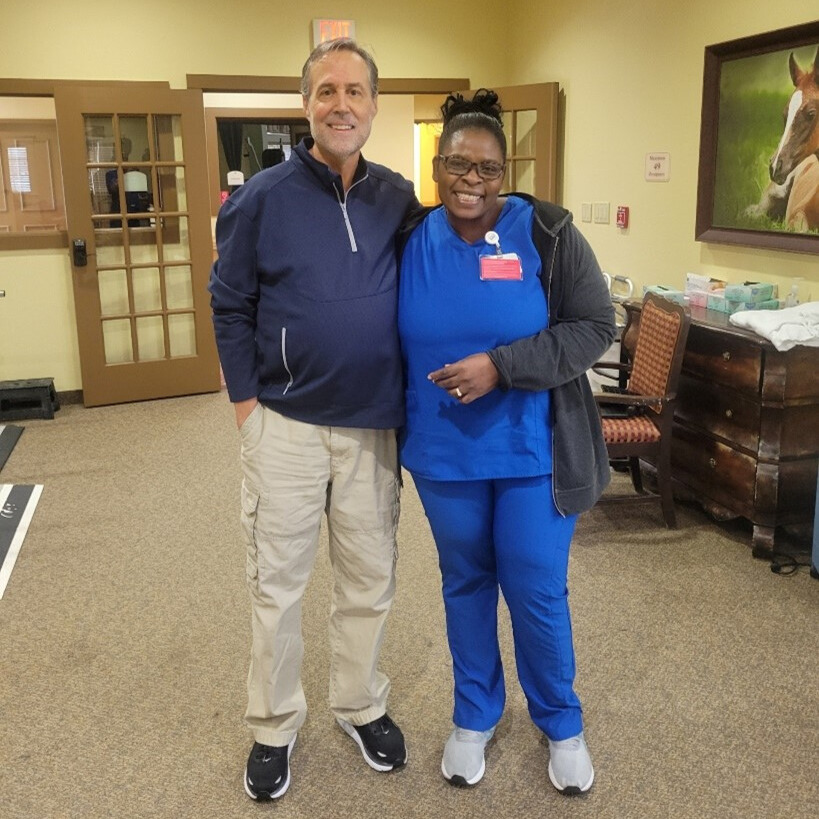 After being admitted to The Harrison at Heritage in August 2024, Mr. Cotton faced multiple health challenges, including altered mental status and mobility issues. Upon arrival, he was unable to perform basic self-care tasks or move independently.
After being admitted to The Harrison at Heritage in August 2024, Mr. Cotton faced multiple health challenges, including altered mental status and mobility issues. Upon arrival, he was unable to perform basic self-care tasks or move independently.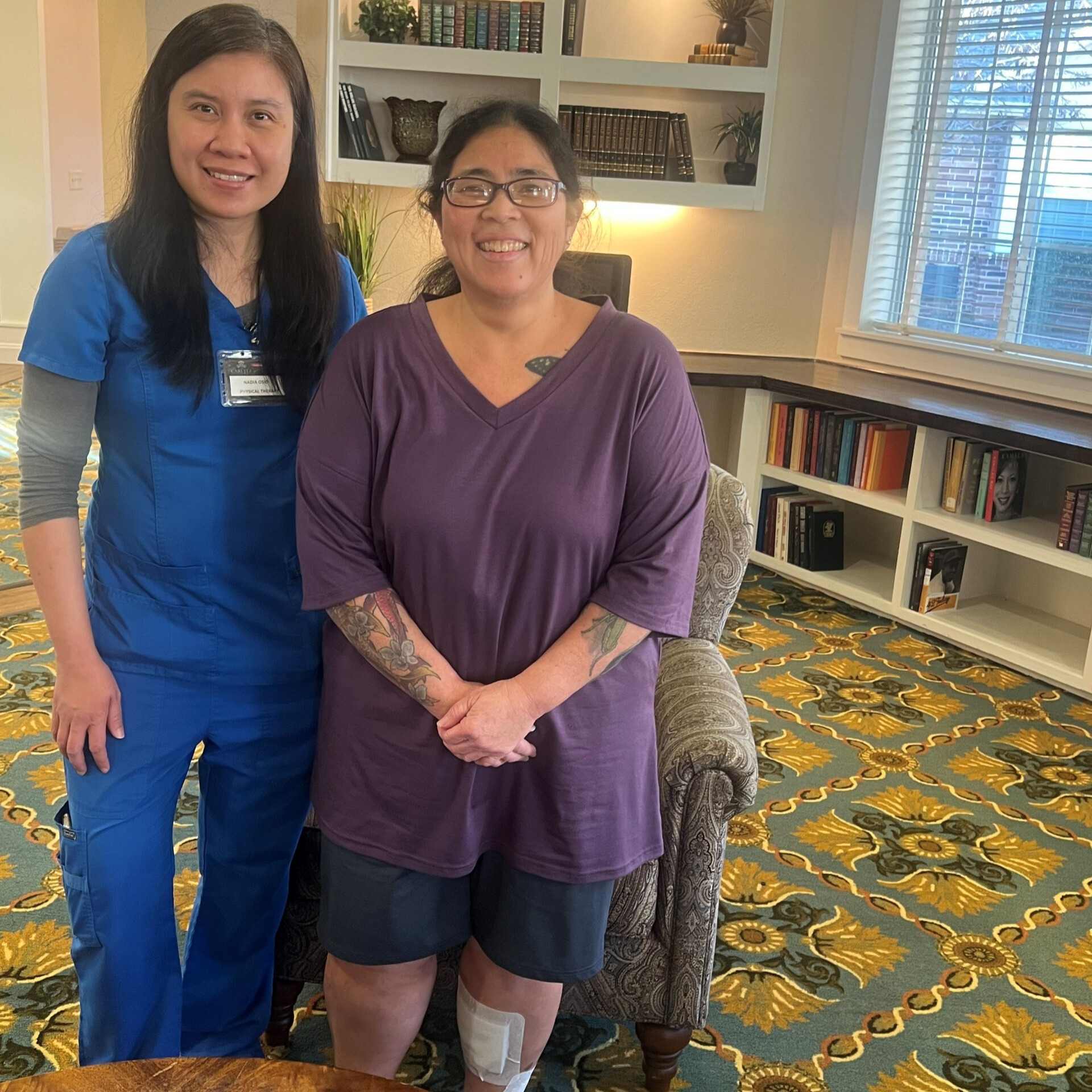 After sustaining multiple injuries in a motor vehicle accident, Ms. Koishigawa arrived at The Carlyle unable to bear weight on her right leg. She initially required significant assistance for mobility and daily tasks, but she remained determined to regain her independence.
After sustaining multiple injuries in a motor vehicle accident, Ms. Koishigawa arrived at The Carlyle unable to bear weight on her right leg. She initially required significant assistance for mobility and daily tasks, but she remained determined to regain her independence.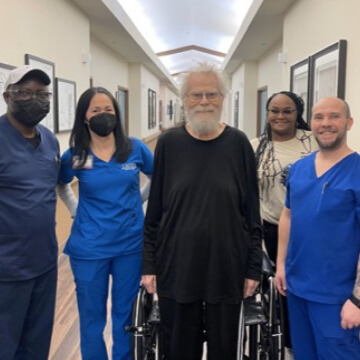 At 81 years old, David Daniels faced multiple medical complications following hospitalization for generalized weakness and acute cystitis. Upon admission to Carrara, he required full assistance with mobility and daily activities.
At 81 years old, David Daniels faced multiple medical complications following hospitalization for generalized weakness and acute cystitis. Upon admission to Carrara, he required full assistance with mobility and daily activities.



